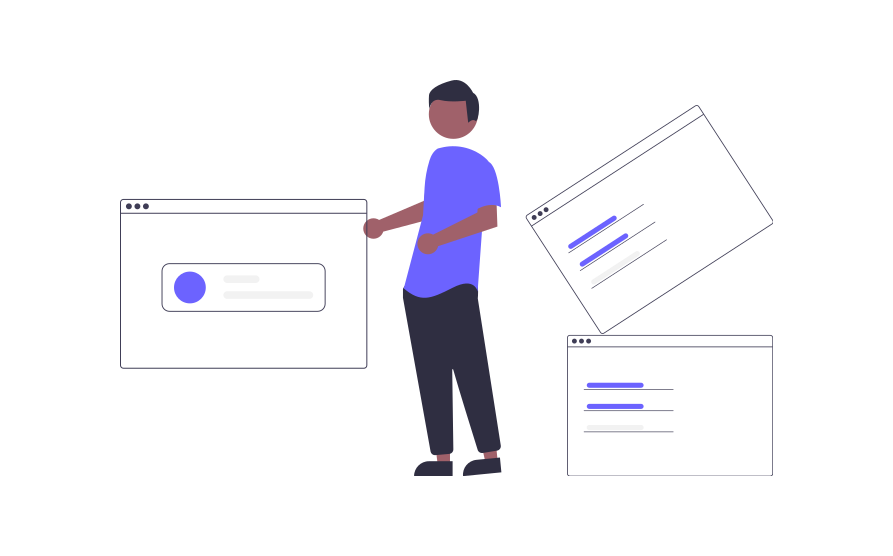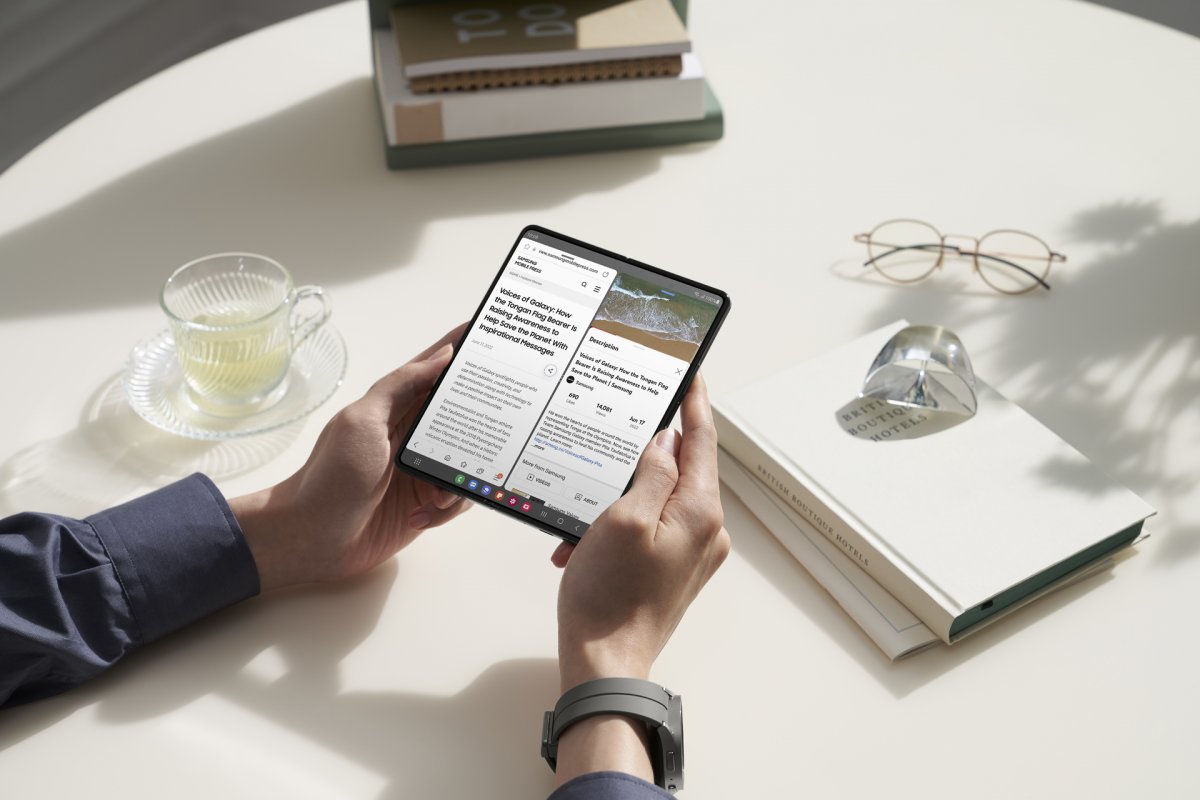[vc_row][vc_column][vc_column_text]There is a longstanding misconception in the workplace: Multitasking is the key to being productive. To date, much value has been placed on a “culture of busyness,” rather than real employee productivity and the quality of work that is being produced to help organizations succeed.
We were curious about how this may have changed, especially now with so many people working remotely. To find out, we commissioned an independent national survey to learn more about Canadian professionals’ multitasking and productivity habits while working from home. What did we find? More than three-in-five (63%) Canadian professionals are working on two or three different tasks at the same time, and more than half (55%) say they don’t feel like they are in complete control of the tasks at hand. The data speaks for itself; here are some of the reasons why multitasking is killing your productivity.
It’s ineffective for getting valuable work done
Whenever we multitask, we jeopardize the potential value or reward we might get from the task at hand or the person we’re interacting with. For example, many professionals say they have at least two tabs open at any one time, which—as many of you might be able to relate—is more than enough to distract you from an important Zoom call, or a discussion you really should be focusing on.
The outcome? You might miss an important progress update on the upcoming campaign you’re working on, which means you’ll have to follow up with your colleagues by email (or worse yet, another Zoom call) to ask some clarifying questions. The influx of Slack notifications you’re trying to respond to while drafting an important client email might mean you click ‘Send,’ only to realize minutes later that you’ve misspelled the client’s name in the first sentence. Worse, you may even miss salient points that you needed to get across to the client.
If you want to excel and continue to create high-quality work, eliminating unnecessary distractions in order to focus on the task or person at hand is essential. Consider prioritizing your to-do’s for the day, and then time-slice that list. Allocate a specific period of time that you can feasibly commit to each task, and then work through each of them with minimal interruptions. There are even some tricks I use to stay focused, such as silencing my phone, putting on earbuds and listening to nothing but brown noise while typing away.
It perpetuates work about work versus actual productivity
Three-in-ten Canadian professionals (29%) say they can work undisturbed for less than 30 minutes. Further to that, 52% calculate that they lose between one to three hours of work per day to distractions. Humans are already slightly impatient by nature, and in a world that increasingly values instantaneousness and immediacy (likely a result of quickly-emerging technology and digital innovations), this is only increasing our distractibility and worsening our productivity.
If a webpage isn’t loading fast enough, we quickly turn our attention to another task. If the host of a Zoom meeting is experiencing technical difficulties, we reopen our inboxes and start replying to emails. Multitasking in itself is a form of procrastination—and it’s preventing us from doing the things we truly value in our work and personal lives.
Instead of multitasking, we need to single-task and practice patience. We need to eliminate the notion that being perceived as ‘busy’ equates to bringing more value, and that being a jack-of-all-trades means we can be more productive.
Multitasking can lead to burnout
At some organizations, employees are celebrated for being able to quickly power through their to-do lists (and in some cases, without consideration for the quality of their work); just in time to be assigned more tasks that need to be completed throughout the workday. And, unfortunately, our outdated 21st-century definition of what it means to be productive has continued to glorify this.
Approaching work with this mindset can put Canadians on a very dangerous path towards burnout, encouraging a never-ending chase for that next exciting task or project, and leaving little opportunity for people to pause and do some deep thinking, reflect on their recent achievements, or set new goals.
Especially at a time when Canadians that are working from home are logging longer hours on average per week (37.6 hours) compared to their counterparts who worked outside the home (35.6 hours), dispelling the notion that multitasking is the key to being productive really is more crucial now than ever before. We need to slow down on multitasking in order to speed up our progress on what really matters. [/vc_column_text][vc_separator border_width=”2″][vc_column_text]About the author: Kevin Collins is the CEO of Charli, a first-of-its-kind conversational AI-driven productivity manager that’s designed to automate administration work and help workplace professionals put more life into their work-life balance.[/vc_column_text][/vc_column][/vc_row]
[yikes-mailchimp form=”1″ title=”1″ submit=”SUBSCRIBE”]













